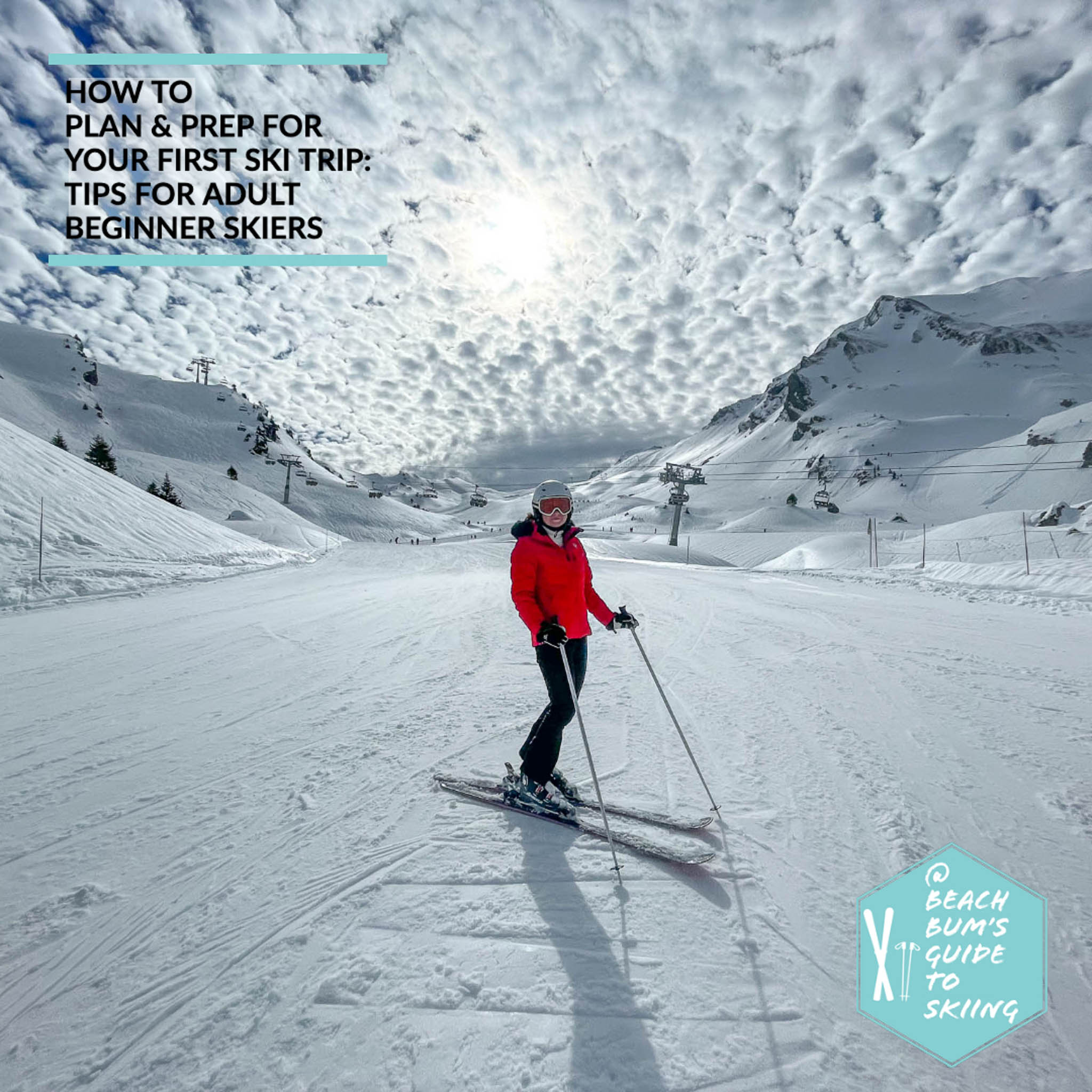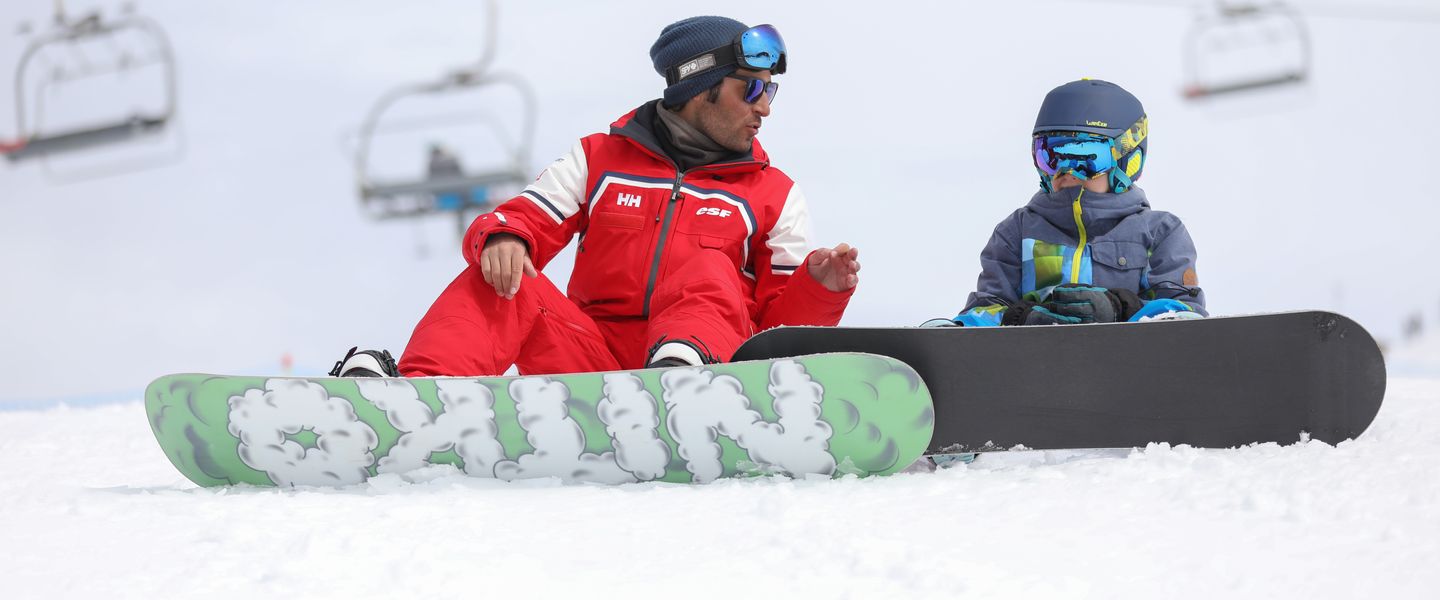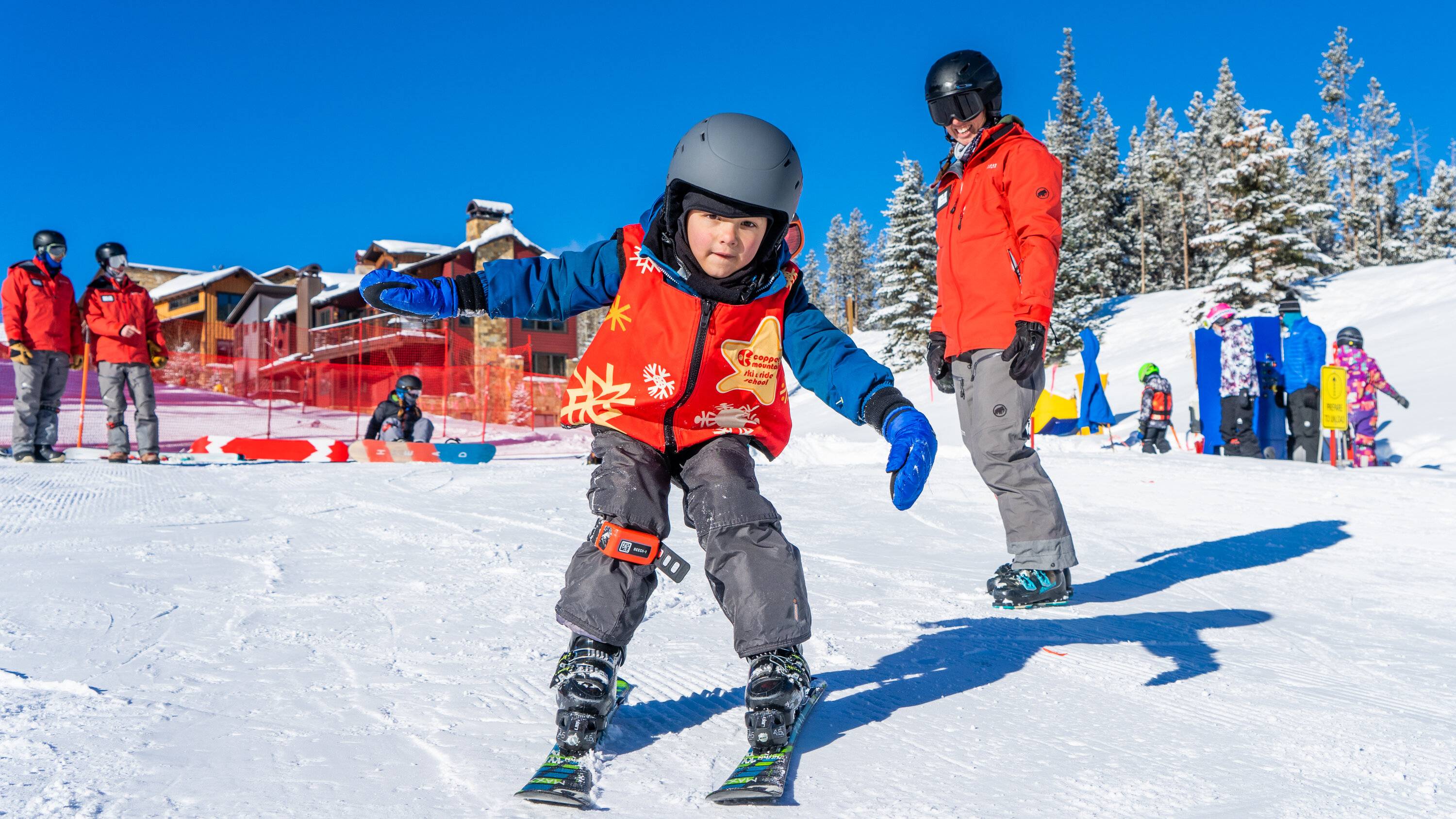
The best ski pants will be able to protect you from the elements while keeping you warm and comfortable. They should also include pockets, vents and a durable construction.
The right fit is important, and a good ski pant should provide the perfect balance of coverage and mobility. Look for a flattering cut that accentuates your hips, while still offering plenty of stretch to allow for movement without feeling restricted. Next, think about how much storage your ski gear will need. Some models have zippered pockets for your hands, while others have zippered vents that allow you to dump heat as necessary.
You don't have to spend a lot of money to get insulated models. Most insulated pants feature synthetic fill that is waterproof and insulating, not like goose or duck down. Many have 40-to 80-gram fills, which are enough to keep you warm even on long chairlift rides and on cold days in parks.

Backcountry touring can be a whole different story. This is why these pants are essential. They must be highly breathable in order to keep you comfortable while you work hard on your skin. A good pair softshell ski trousers will have a lot more stretch and be breathable than a traditional hardshell. Patagonia Upstride, Norrona Lyngen Flex1, Outdoor Research Trailbreaker II and Mammut Haldigrat HS are all excellent options for backcountry. They have a softshell fabric that keeps moisture out and allows for breathability.
The bib overall is another popular choice. They offer a bit more insulation that traditional ski pants. These are a great option for beginners as they keep the elements out and allow full movement. They are generally a little more form-flattering that traditional ski pants, but they offer the advantage of being casual.
You can also find them in regular and short inseams so that you can find the right fit for you. They can be tailored to your height with slightly flared hems. Many also have adjustable comfort suspenders which allow you more mobility.
Ski pants made from high-end waterproof fabrics and outer fabrics such GORE-TEX (which is the industry standard in terms of weather resistance) are considered the best. To ensure that you are dry on wet days, they should have taped seams and waterproof zips.

Another important thing to consider when choosing the right ski pants is insulation and durability. Abrasion-resistant scuff guards are especially important for mountaineering or backcountry skiing, where you'll be walking through snow and ice more than you will on the piste.
A budget-friendly option is to find softshell ski trousers that are lightweight and feature zippered ventilation. These are great for someone who doesn't intend to ski a lot and just wants a pair that will last a few years.
FAQ
What can I put in my suitcase for travel?
Always have at least two pairs. Two pairs are needed for daily walking in the city and two for vacation.
Also, make sure to have enough clothing for both. If you are traveling by plane, you need to make sure you have an extra shirt, pants, underwear, and socks.
Consider bringing some clothes if you are planning to stay somewhere for a longer time. This will ensure that you don't feel awkward while shopping for new outfits.
Comfortable shoes will be required if you plan to take a train or bus. If you drive, make sure you have a spare set.
You'll also need to pack plenty of toiletries such as soap, shampoo, toothpaste, deodorant, and moisturizer.
Last but not the least, you will need a flashlight as well as insect repellent, sunscreens, sunglasses, a hat, first aid kits, and sunblock.
Don't forget to put all these items in one bag rather than trying to fit them into several different bags. That way, you'll save time and space.
Finally, remember to bring a small towel or washcloth. They are very handy for when you need to shower after a long, tiring day.
How can I make traveling more fun?
Traveling is not about just getting from point A and B. It should not be about just getting from point A to B.
The app "Traveler" was created to help you plan your trip and create itineraries based upon your interests.
We are working on additional features like booking hotels and flights, renting cars, etc.
This project was created to provide a simple tool to help people plan their travels and make the most of what they have while on vacation.
What should you bring on vacation?
It is important to plan what you will do during your vacation. This is not about packing clothes. It's also important to think about where you are going, and how long you will be there.
Consider what type of activities you'd like to take part in. Scuba diving is a great option if you're going to exotic destinations. If you plan on staying longer, you may want to attend local festivals.
It is crucial that you inform the people responsible for your care if you have any health problems. They can then plan accordingly.
What amount of luggage should I bring?
The length of your trip determines how much luggage you should take. You will only need to bring hand luggage if you're traveling by plane. This is typically less than 20kg. If you are traveling by plane, you only need hand baggage, usually less than 20kg.
You will receive a form with all the details about your flight when you arrive at airport. This will include information like the weight of your bag and whether you need assistance in checking them in.
Always check your luggage before you leave the house. If you don’t check it, you might end up waiting hours for everyone else to do so.
It's best to travel light, as you never know when something might happen. If your bag is lost or damaged, you will not have any clothes.
How can you find affordable accommodations when you travel abroad?
Hostels, hotels, guesthouses, and bed and breakfasts are all options for cheap accommodation.
Hostels come at a low cost and offer rooms in dormitory-style accommodation where guests share bathrooms with one another.
Hotels are generally located in touristy areas.
Hostels are very similar to guesthouses but have more rooms and less people sharing them.
Budget-conscious travelers love bed and breakfasts. Guests are able to stay in private homes, and they can enjoy a full-service breakfast.
Should I purchase travel insurance?
If you plan to do something adventurous, travel insurance is crucial. It's important that you are covered for all kinds of adventure sports.
You should make sure you have insurance if you ski. Also, you should consider getting insurance for theft, loss, or damage.
Cover for cancellation should be considered. This will allow you to cancel your holiday with no penalty.
Also, make sure you ask for insurance for emergency evacuation. This includes evacuation from the mountain in the case of an earthquake or other natural disaster.
Statistics
- Pack sweaters, jackets, and underwear in reusable compression bags creating up to 75% more space in your luggage. (wikihow.com)
- Alcoholic beverages with 24% alcohol or less are not subject to limitations in checked bags. (tsa.gov)
- According to Maori legends, this park holds 14 fjords that were all carved by a giant stonemason with an adze. (busytourist.com)
- No Checked Bags: No Alcoholic beverages with more than 70% alcohol (over 140 proof), including grain alcohol and 151 proof rum. (tsa.gov)
- You can use compression sacs or cubes to reduce the volume of your clothes by up to 80%—this is especially convenient for bulky items such as sweaters and jackets. (eaglecreek.com)
External Links
How To
Which are the best travel tips and tricks for beginners?
Traveling is an exciting experience, but there are many pitfalls you need to avoid if you want to have a safe and enjoyable trip.
These are some general tips that will help you plan your next vacation.
-
Get your bookings in early. Book early to get lower prices. Avoid last-minute offers by airlines and hotels to save money.
-
Stay-at-budget accommodations. Cheap hotels are more affordable. They are typically located near shopping centers and public transportation.
-
Don't overpack. Keep it light. Make sure you have enough space for souvenirs and other gifts. Wear clothes that fit well, and don't wrinkle easily.
-
Be sensible. Do not walk alone if you're travelling solo. Avoid dangerous neighborhoods and areas with high levels of crime.
-
You can take precautions to prevent theft. Keep valuables out of sight. Never leave anything valuable unattended when you go swimming.
-
Take extra care when handling cash. Tourists living in foreign cities are often the target of thieves. Keep your money away from prying eyes and only use ATMs at banks or protected facilities.
-
You should know where you are. Before booking a hotel, ensure you know how to get around using public transport. Find out about tourist attractions, restaurants, and other sights.
-
Be sure to learn about safety. Learn about the culture, customs, laws and traditions of the area before you arrive.
-
Have fun. Enjoy yourself, no matter what happens. It's worth it.